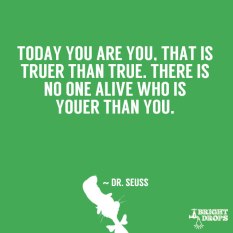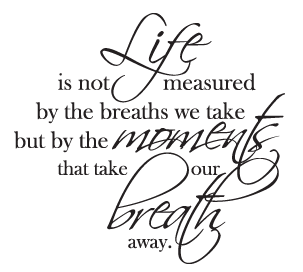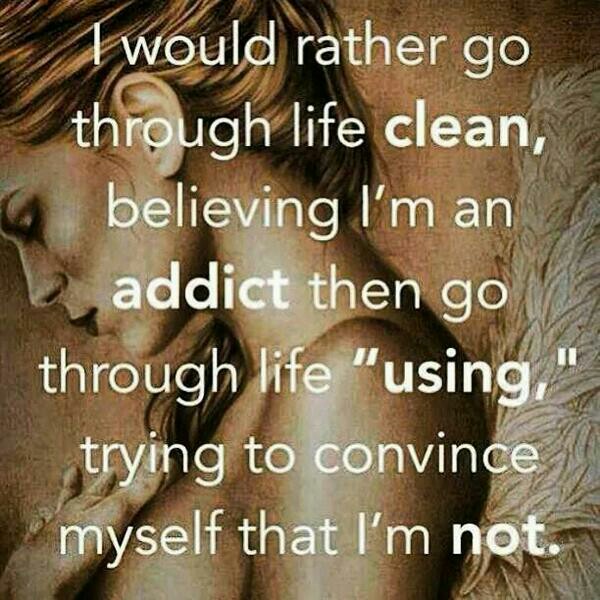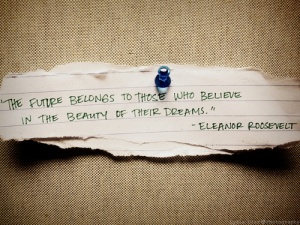There’s something that I really want to talk about today, and I fear that isn’t going to win me a popularity contest in the world of recovery. But sometimes it’s important to speak up on issues that have such an impact on our lives and those of the people that we care about and love. Over the past few months I have been working at SHARP Recovery Centre in Johannesburg, co-facilitating a Recovery Wellness Group. It’s a new approach to recovery in South Africa, working with people in a place of wellness rather than treating them as ill and destined to a life of misery because they are afflicted with a disease, but I talked about this at length in my last post “What if I fall!?” Today what I would like to talk about is the general lack of concern that recovery professionals seem to have for their clients.
Of course I am not throwing a net over every single recovery worker or treatment centre in the country, this post is about my personal experience, the people I have been working with and what I have seen in my time in the industry. What strikes me most is that people in recovery who I talk to, tell me about how they are made to feel like just another bed filler in the treatment centres they have been, with seemingly little concern as to their true mental, emotional and spiritual well-being. And if they relapse and return to for another round of treatment all the better, because there is no discount for returning customers. It’s almost as though it’s lucrative for the clients to stay “sick” because what organisation doesn’t like loyal, repeat customers. Rather than supporting clients through treatment and developing effective, individualised aftercare plans, clients are returned to the “real world” in a highly vulnerable state, normally told to attend 90 meetings in 90 days, and then left to their own devices until the “pink bubble” they are living in pops and they are faced with difficult situations, triggers and urges…and no real coping strategies to deal with them.
Following their time in treatment facilities clients bemoan that they are subjected to the same ideas, theories and programs over and over again. The fact that this recovery regimen didn’t work for them the last time is often put down to the fact that they didn’t do the work, because if they had they wouldn’t be back in treatment. The client is viewed as flawed and broken, but what I am saying is perhaps it’s the system that needs to be re-evaluated. Because if making someone do weeks and weeks of step work and search for their Higher Power was really that effective, surely people wouldn’t be constantly walking through the “revolving day of recovery“. What people in recovery need during and after treatment is not someone judging them and waiting for them to slip up, but people who support and honour their recovery work and the path to recovery that they choose to take. I want to see the people that I work with grow, develop and succeed in their lives, not be a long-term source of income for me. After completing a series of coaching sessions, I want to see them take the tools, strategies and techniques they have learned and apply them to their lives. And though a set of plans, goals and life strategies may work for one client doesn’t mean that they will work for another.
Where one person may choose to put a heavy emphasis on personal development, another may choose to attend a mutual-help group. A sponsor may resonate with one client while rebuilding a spousal relationship may be more important to someone else. Dictating what someone has to do to achieve long-term sobriety seems laughable to me, especially since I failed miserably in the traditional recovery arena. Chastising me for being unable to find my Higher Power simply pushed me to find a different approach to my recovery and in doing so I began to question how one approach can be seen as applicable to every person with a substance (or behaviour) abuse disorder. The people I meet in recovery couldn’t be more different and so we as recovery professionals need to be prepared to tailor-make systems and plans that are as diverse as the clients that we serve. Clients shouldn’t be viewed as a payday who can be treated with a one-size-fits-all recovery plan, because that’s the easiest option for us!
The field of recovery should be client-centred and driven by the individual needs of the people that we are assisting. Dictating recovery policy to someone who has a substance abuse disorder (SAD) and more likely than not a very strong adapted child in their egoic makeup, will most likely lead to rebelliousness and disobedience (even in adults). I believe that it is our responsibility, since we have chosen to assist people with SADs, to take the time to really get to know our clients, to explore their options together and then to give the client the support that they need to live their recovery in a practical, forward-focused, solutions-driven way. Surely our aim should be to empower individuals so that they go out into the world and live a purposeful, fulfilling life, not replace one dependency for another (no matter how much healthier we believe it to be). Rather than becoming reliant on a program or a person, my focus is to assist a client to get to a place of growing personal power, so that they become equipped with the life skills to move confidently forward in their recovery. I have no desire to see anyone fail, but should they trip occasionally I see my purpose as being to give them a hand up and then set them on their way again, not rub my hands together as they generate another income stream for me.
I think that we need to consider that a “cookie-cutter cure” for substance abuse disorders doesn’t work. And like so many other industries we need to put the client at the top of the planning model and develop strategies that are uniquely designed to consider their requirements, not simply “enforce” a top-down system on them that may not address their specific character, culture, socio-economic situation, personal desires and professional aspirations. We need to listen to the clients and find out what they want, even if you consider addiction to be a disease. Even a cancer patient is given options when it comes to their treatment. Treatment and care at any stage of substance misuse and recovery needs to be a place where people feel heard and supported, not disregarded and stigmatised. Of course these are my opinions formed over my years in recovery and now recovery coaching, but for me the client is the centre of the model and everything after that is decided in an accountable, collaborative relationship where trust, honesty and many other spiritual principles govern the direction that their personal recovery plan takes, which should be as unique and special as they are.
‘Til next time
Sober Something




